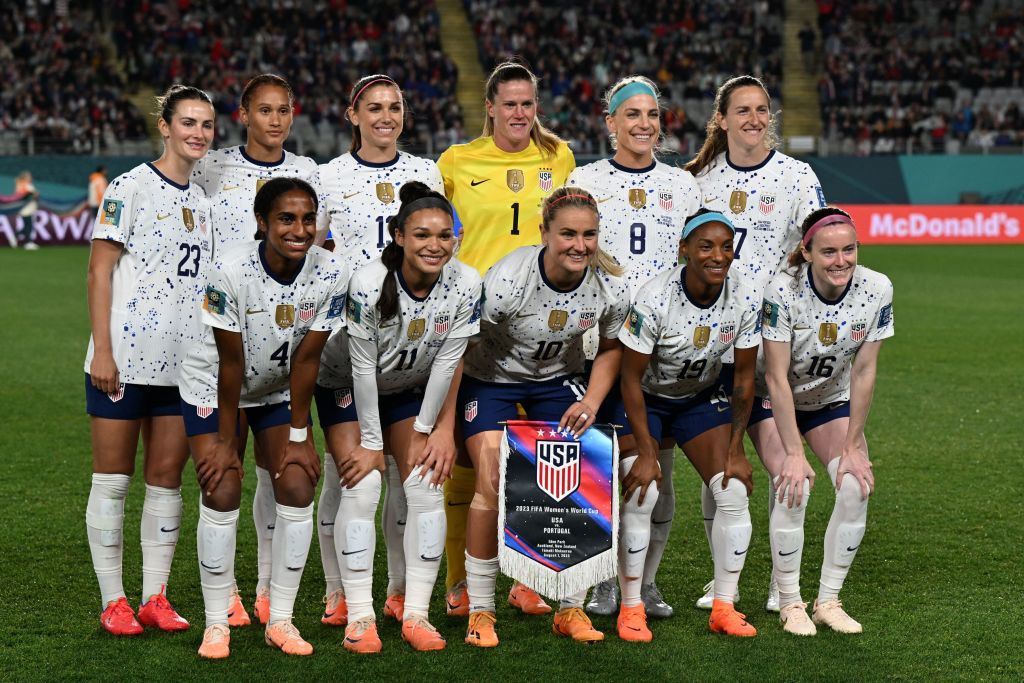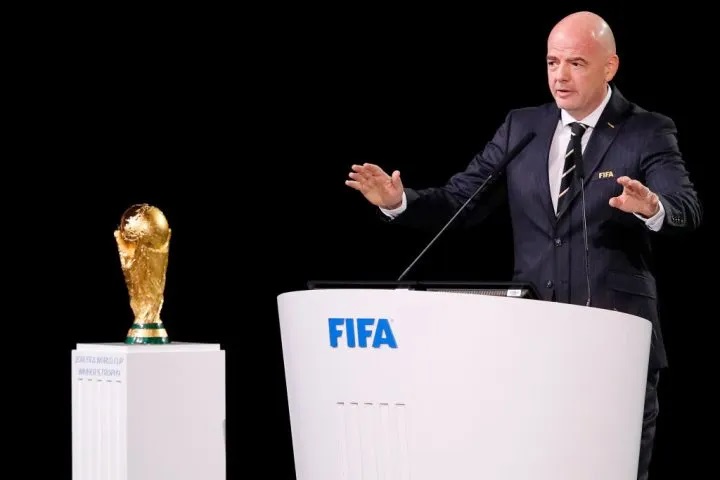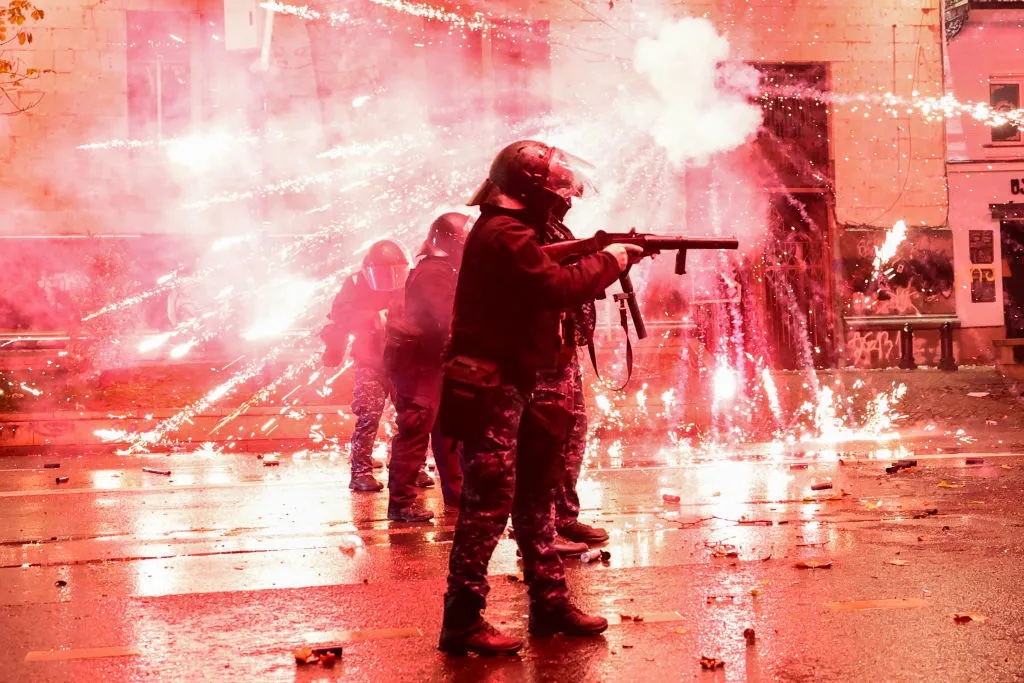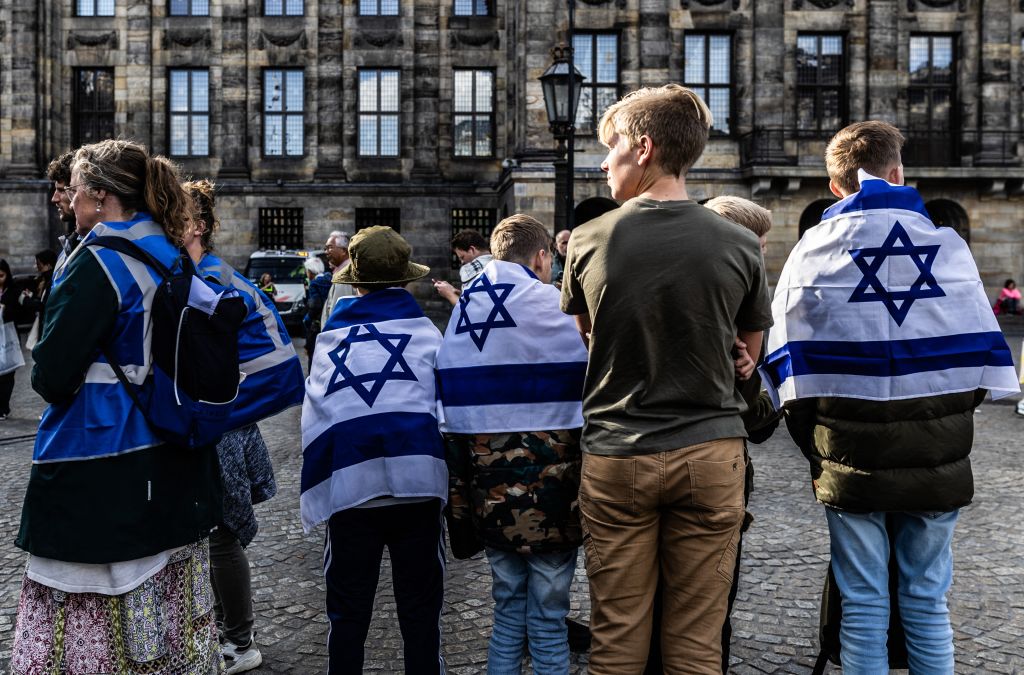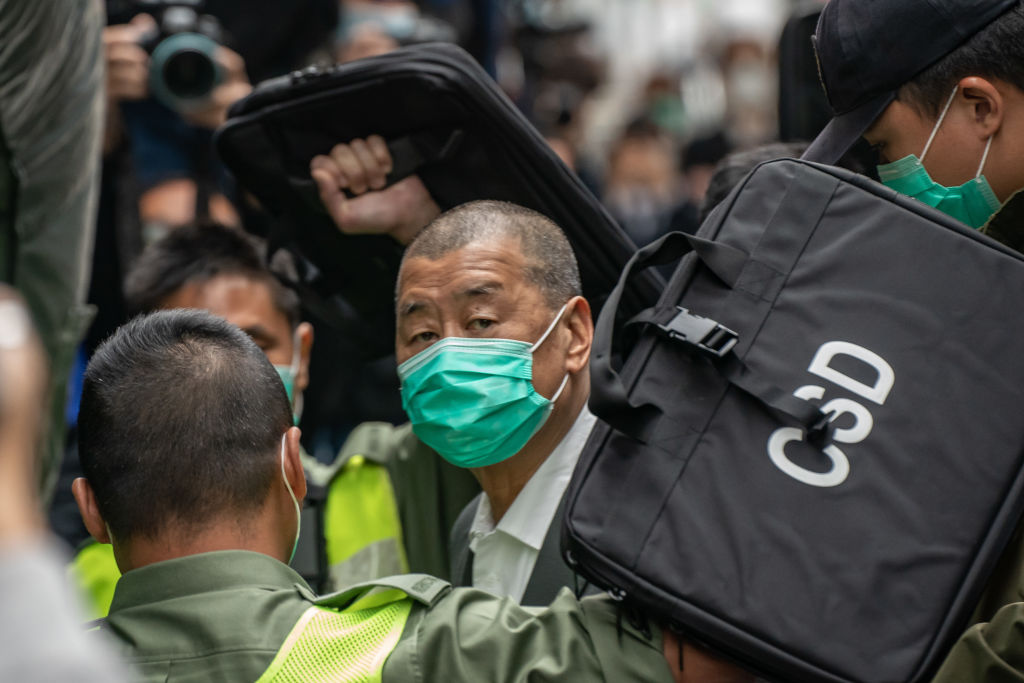Just four members of the US Women’s National Team at the Women’s World Cup sang their country’s national anthem before their game against Portugal Tuesday. The rest stayed silent and impassive with their hands conspicuously by their side, not over their hearts. This was the third time the US team, or much of it, has made a silent protest at this soccer World Cup in Australia and New Zealand. Are they to be condemned for this, or does every player have the right to express their feelings for their country, or lack of, in their own way?
Pre-match protests have become popular in recent years and the US players are not alone in seizing the limelight to make a point. Germany’s players covered their mouths to protest the alleged censorship of criticism of Qatar by FIFA at the last men’s World Cup. And almost every country took the knee in the aftermath of the death of George Floyd in 2022 for various lengths of time, with England keeping it going longer than even the US.
But as for anthems, most players mumble along with varying degrees of enthusiasm, fluency and artistry. Iran, bravely, stayed silent for one game, against England in the Qatar World Cup in protest against their government’s violent crackdown on internal dissent, but other examples of keeping schtum are hard to find. Occasionally players don’t sing but for non-political reasons, with the Jack Charlton-era Republic of Ireland team famously struggling with their anthem because so few of that notoriously “diverse” squad were familiar with it.
The US players’ stance is different in that no obvious reason has been given. It is assumed to be a general protest against social and racial injustice. This would appear to suggest that the players want it to be known that they are representing their country but taking no pride in doing so. It is a little like the position of Christians as regards our place in the sinful earthly realm: we are in this world but not of it.
The protest may reflect the internal politics of the team and the ongoing influence of veteran star Megan Rapinoe. Rapinoe is a high-profile activist on behalf of sexual minorities, pay equality and BLM. She once described herself as a “walking protest against the Trump administration” and first stood in silence during the national anthems during the 2015 World Cup. In 2019 she said that she would “never put my hand over my heart” and “never sing the national anthem again.” At the time when she took the knee in solidarity with Colin Kaepernick over his protest against discrimination in American football she said:
Being a gay American, I know what it means to look at the flag and not have it protect all of your liberties. It was something small that I could do and something that I plan to keep doing in the future and hopefully spark some meaningful conversation around it.
Whether Rapinoe is the instigator or not, what doesn’t convince about this position of the conscientious objectors is that the players are not conscripts: they were selected (in effect invited) to play for their countries and had the perfectly legitimate option of not doing so if it offended their sensibilities. They benefit greatly from appearing at the World Cup both directly, in financial terms, and through the raised profile and enhanced sponsorship opportunities it affords. Though female soccer players’ remuneration may not match the men’s, the players are still having their cake and eat it. The women are likely to receive as much as half a million dollars each if they win the tournament.
You would think too that if you were going to stage a protest that potentially offends the hard-working fans, the least that would be expected is some form of explanation, for the players to own their decision and justify it. But the closest we have come so far is from defender Naomi Girma who said: “I think when we’re out there, we’re preparing for the game, and that isn’t the focus. So ultimately, every player has a choice.” “That” presumably means paying respect to the country you are representing and the loyal patriotic fans who have come to support you.
What has been achieved by this bizarre protest? Nothing much, except appearing to divide the squad when it ought to be fully united — which may partly explain the US’s underwhelming performances so far — alienating many of the supporters and injecting a sourness into what should be an uplifting and positive sporting event. But at least it has helped the cause of gender equality in soccer. The men and women’s game have many differences and inequalities, but thanks to the American activists, it is getting closer in terms of virtue-signaling — and becoming equally tiresome in the process.
This article was originally published on The Spectator’s UK website.



